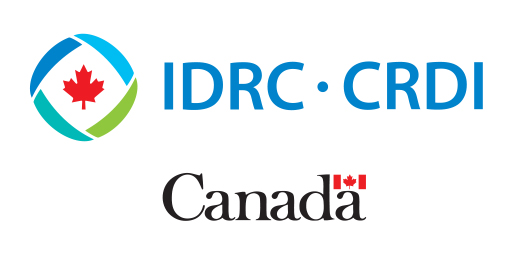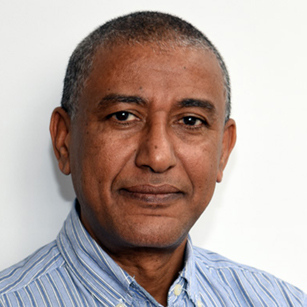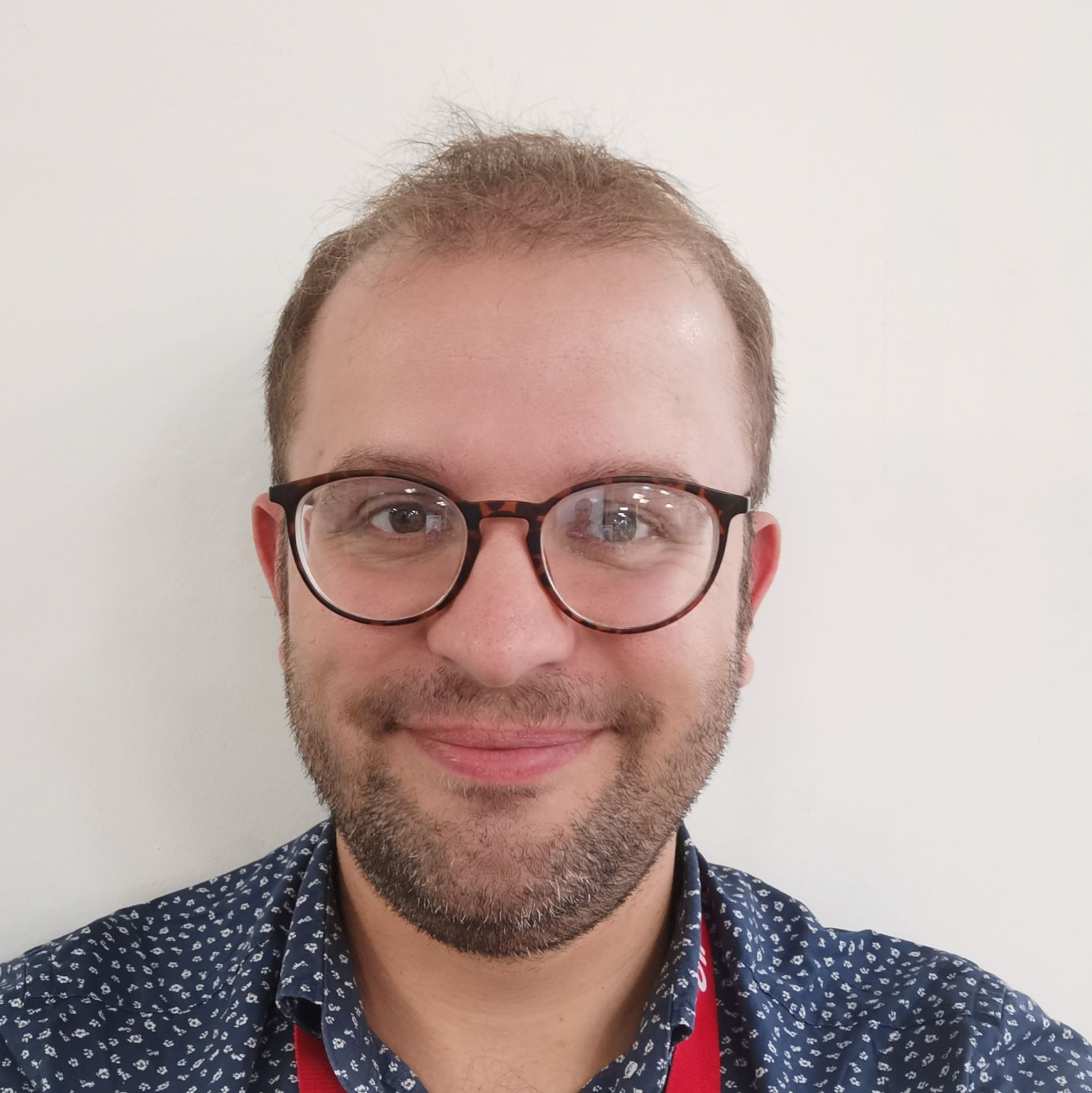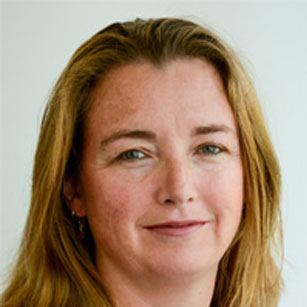IDS has partnered with IDRC to provide 12 research projects, funded through their Clean Energy for Development: A Call to Action (“CEDCA”) initiative, with knowledge translation and communications support. Our practical support and services are designed to supplement the global research expertise of the cohort.
IDS will focus on identifying coherent bodies of knowledge on clean energy transition, MSMEs, women and youth that cut across the cohort, and support learning and innovation around planning impact pathways, positioning evidence for use and engagement. IDS’s role will focus on facilitating peer to peer learning, co-producing knowledge synthesis outputs and helping to identify and access relevant global and regional policy spaces. This is a highly collaborative process with IDRC and the CEDCA research teams.
Read more
IDS has partnered with IDRC to provide 12 research projects, funded through their Clean Energy for Development: A Call to Action (“CEDCA”) initiative, with knowledge translation and communications support. Our practical support and services are designed to supplement the global research expertise of the cohort.
IDS will focus on identifying coherent bodies of knowledge on clean energy transition, MSMEs, women and youth that cut across the cohort, and support learning and innovation around planning impact pathways, positioning evidence for use and engagement. IDS’s role will focus on facilitating peer to peer learning, co-producing knowledge synthesis outputs and helping to identify and access relevant global and regional policy spaces. This is a highly collaborative process with IDRC and the CEDCA research teams.
Visit the Clean Energy for Development website
Subscribe to the Clean Energy for Development newsletter
The 12 research projects are:
- The Role of MSMEs in Fostering Inclusive and Equitable Economic Growth in the Context of the Clean Energy Transition in MENA, led by the Economic Research Forum
- A Just Energy Transition: Localisation, Decent Work, SMMEs and Sustainable Livelihoods, led by the Institute for Economic Justice
- Decentralised Renewable and Inclusive Energy Systems in Bolivia, led by Fundación Bariloche
- Innovate for Clean Powered Agro Technologies, led by United Nations University – Institute for Natural Resources in Africa (UNU INRA)
- Renewable Energy, Agriculture Value and Entrepreneurship: Barriers, Opportunities, and Policy Implications, led by Partnership for Economic Policy
- Evidence for Informing Optimization and Scaling of Youth and Women Led Clean Energy Enterprises and Business Models in Kenya, Malawi, Uganda and South Africa, led by the African Centre for Technology Studies (ACTS)
- Improving Outcomes for Women-Led Clean Energy Enterprises and Fostering Innovative Finance Solutions at the Nexus of Gender and Climate, led by the Aspen Network of Development Entrepreneurs (ANDE) and 2X Global
- Mobilization of Renewable Energies for Women and Young Entrepreneurs’ Sustainable Economic Empowerment in Senegal, led by Développement international Desjardins
- Innovating Financial Mechanisms for Promoting a Clean Energy Transition and Energy Efficiency in the MENA Region, led by Econoler
- Women and Clean Energy in West Africa (WOCEWA), led by ECOWAS Centre for Renewable Energy and Energy Efficiency (ECREEE)
- Women’s Empowerment through Renewable Energy-Powered Decentralized Lift Irrigation Systems in Bhutan (WERELIS – Bhutan), led by the International Centre for Integrated Mountain Development (ICIMOD)
- Catalytic Climate Finance: A Global Learning Hub, led by Convergence
Read less






